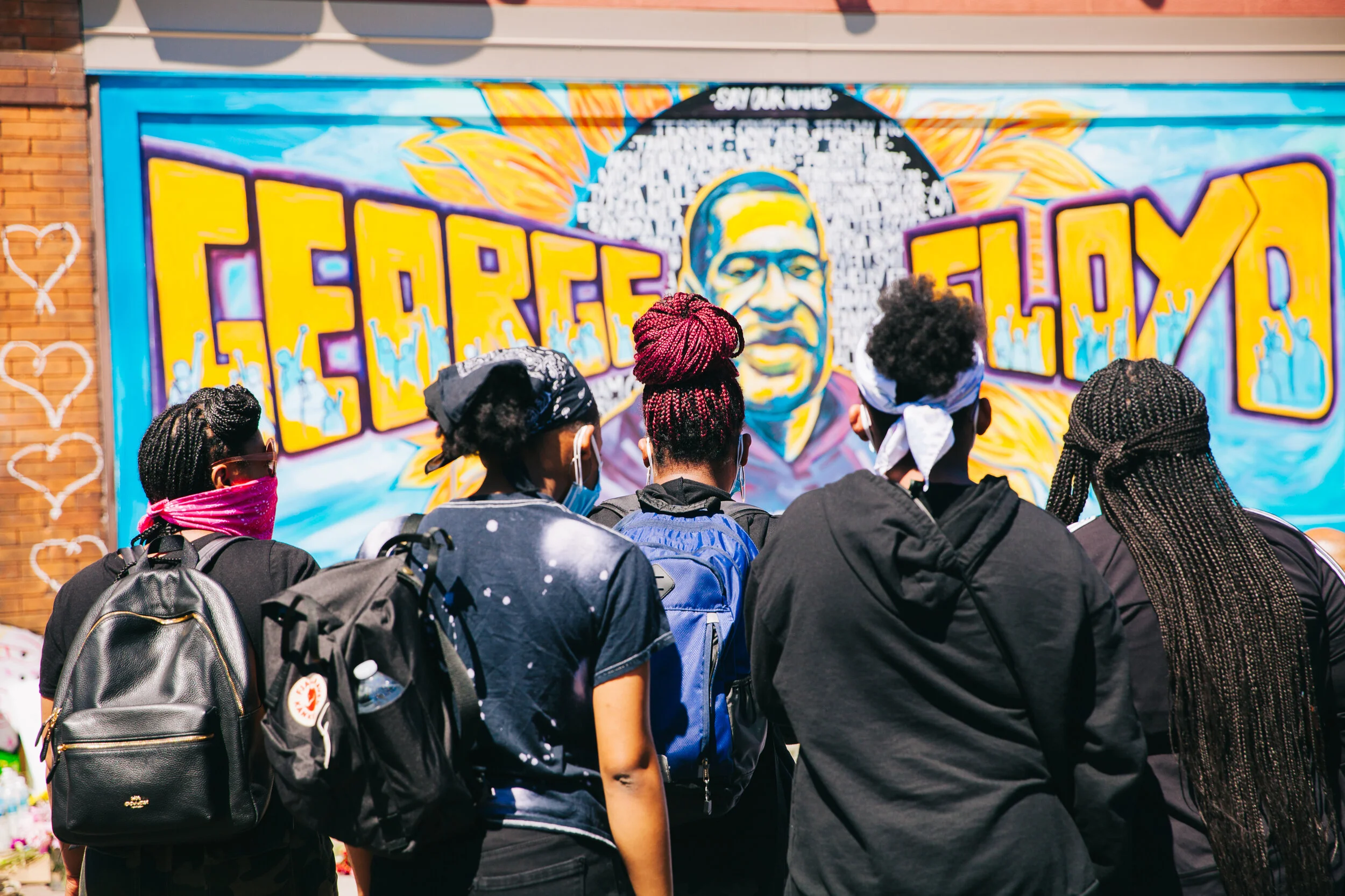The Regional Funder Standing Up for the Midwest’s Immigrant and Muslim Communities
/Protesters in Minneapolis, MN
The Bush Foundation is in many ways your typical community-focused funder, giving to the arts, health, education and fellowships for local leaders in three Midwestern states. It also has a sharp eye toward racial and economic justice, a theme that shines through in many of its grants.
In fact, what originally caught our attention is the foundation's significant support for Native American communities—a hugely underfunded demographic—with its mission explicitly encompassing Minnesota, North Dakota, South Dakota and the 23 Native nations in the region.
Related:
"There's a Real Opportunity for Funders to Learn Here." Lessons from Standing Rock
"Ripple Effect." What Might Standing Rock Mean for Native American Funding?
But the funder’s grants list is full of surprises, and one small, unofficial focus is providing support for the area’s significant immigrant and Muslim populations, especially in Minnesota. Notably, the foundation recently made two $100,000 grants—one to the Minnesota-based Islamic Resource Group, which does outreach and education about Islam, and another to the Minnesota chapter of CAIR, to provide legal counsel to immigrants and refugees in the state.
The important context, here, is that Minnesota has a large Muslim community, and the largest Somali community of any state in the U.S. That’s a relatively recent development, prompted in part by refugees from the Somali Civil War. The state is also home to many Latino and Hmong immigrants, among others.
As xenophobic and anti-immigrant sentiment has surged across the country, Minnesota has been a flashpoint. The state’s Muslim population has come under attack from anti-immigrant speakers, right-wing media and even Donald Trump, and the area has experienced an uptick in anti-Islamic hate crimes, making national news, in some cases.
The Bush Foundation (no connection to the U.S. presidents) has understandably responded by supporting the immigrant community and building connections between immigrants and other Minnesotans. This funding is part of a broader pattern we've been tracking of local funders stepping up for marginalized groups facing new pressures since Trump's election.
Related:
Money Out the Door: A New York Funder's Rapid-Response Grantmaking
In a Climate of Fear, California Funders Step Up for Immigrants
Here’s Another Local Funder Shifting Grantmaking Because of the Immigration Ban
Aside from that six-figure grant from the Bush Foundation, the Council on American-Islamic Relations has received a few other grants, including one for $50,000 in 2016 supporting education and community building, and two small grants to recruit participants in the foundation’s annual conference.
Minnesota-based African Immigrant Services has also landed a few Bush grants, one in 2015 for $200,000 to increase civic engagement with communities of color in the Twin Cities area. Cultural Diversity Resources received $140,000 in 2016 to empower immigrants and refugees in the Fargo-Moorhead region on the Minnesota-North Dakota border. And the foundation has given a number of other grants to support inclusivity and equity in the region, with an eye toward its immigrant communities.
These grants are notable in part because, while Bush promotes diversity and equity in a lot of its funding, immigration is not an explicit focus. In fact, it was established in 1953 with an intentionally broad directive by its donors to “do the most possible good for the community.” It just so happens that immigrants, refugees and Muslims are an integral part of the communities the foundation serves, so it's backing them accordingly.
Related: Balancing Act: Tricky Times for Community Foundations in the Age of Trump







































